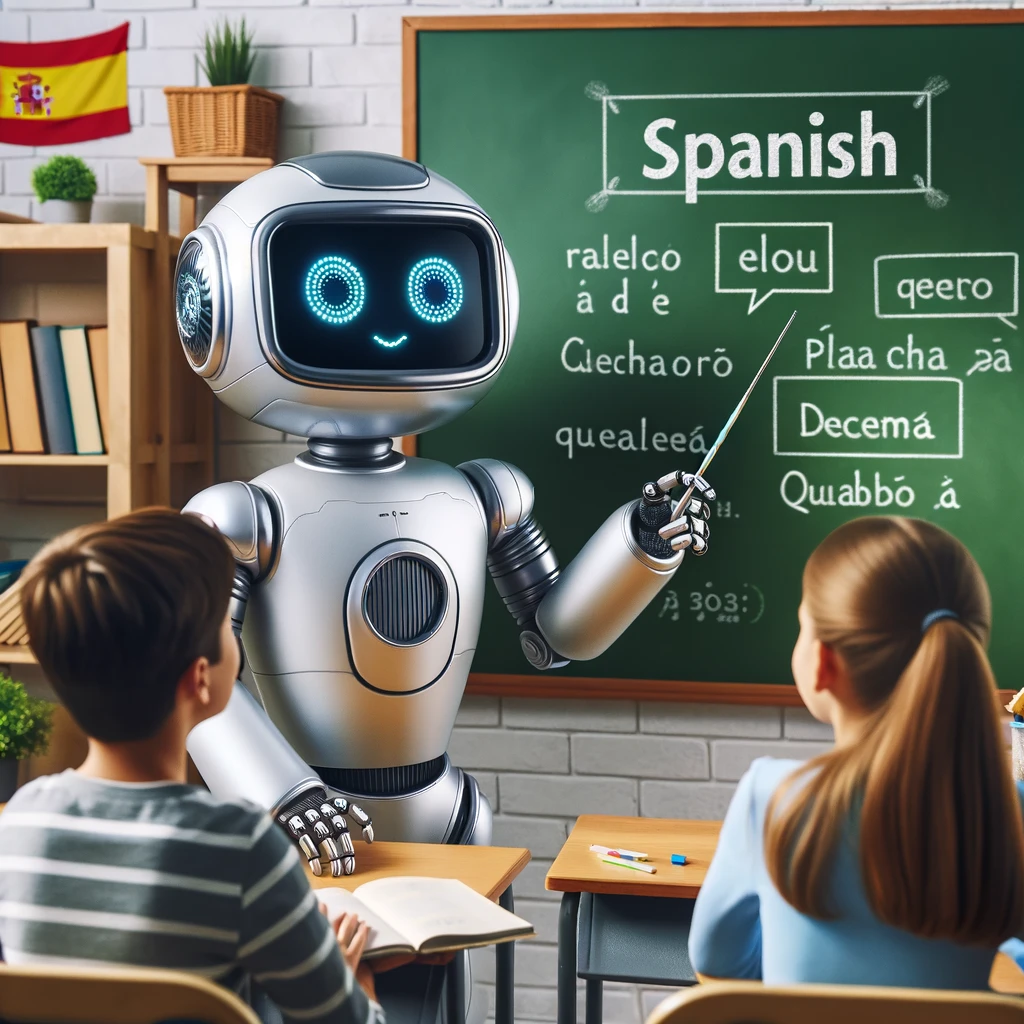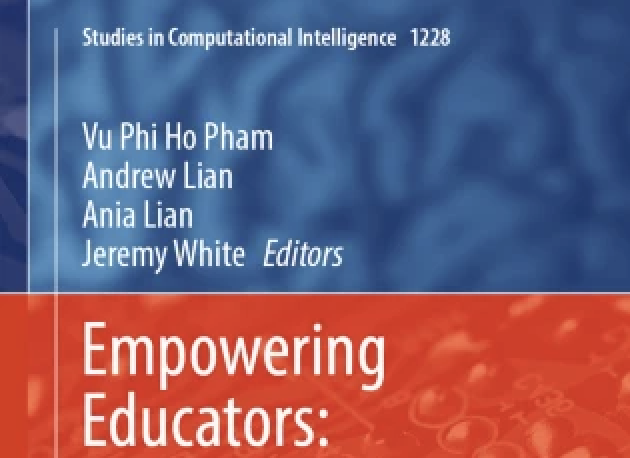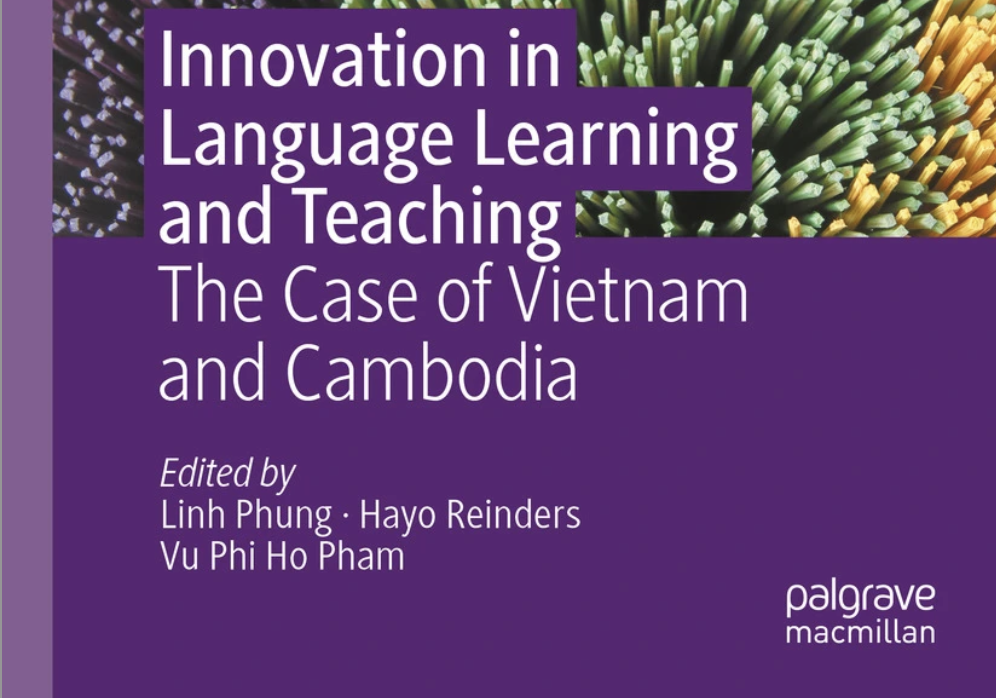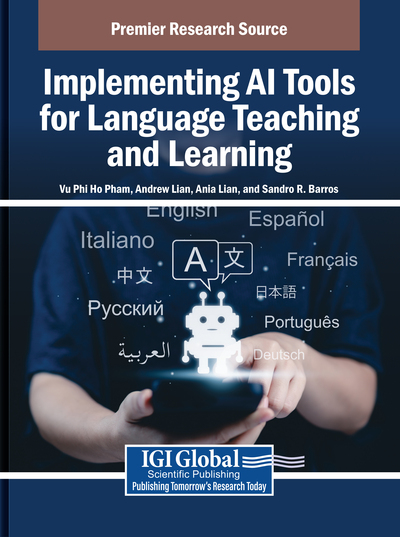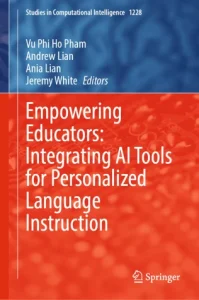 With an eye toward ethical, pedagogical, and cognitive consequences, this edited volume explores the integration of artificial intelligence (AI) tools—especially ChatGPT—into English language education. Inspired by empirical research from Vietnam and abroad settings, it explores the transforming possibilities and difficulties of artificial intelligence in regard to academic integrity, learner autonomy, teacher identity, and writing growth. Three components comprise the collection: AI in language teaching and learning; AI-enhanced language learning strategies; and AI in translation and support systems. Results show that, especially in underfunded environments, artificial intelligence runs the danger of overreliance, shallow engagement, and ethical uncertainty even when it promotes motivation, grammatical progress, and tailored instruction. To fully harness the advantages of artificial intelligence, educators want ethical integration and professional growth. The volume advocates long-term, multidisciplinary research to guarantee inclusive, reflective, and sustainable language education in the AI era and offers a cooperative human-AI educational approach.
With an eye toward ethical, pedagogical, and cognitive consequences, this edited volume explores the integration of artificial intelligence (AI) tools—especially ChatGPT—into English language education. Inspired by empirical research from Vietnam and abroad settings, it explores the transforming possibilities and difficulties of artificial intelligence in regard to academic integrity, learner autonomy, teacher identity, and writing growth. Three components comprise the collection: AI in language teaching and learning; AI-enhanced language learning strategies; and AI in translation and support systems. Results show that, especially in underfunded environments, artificial intelligence runs the danger of overreliance, shallow engagement, and ethical uncertainty even when it promotes motivation, grammatical progress, and tailored instruction. To fully harness the advantages of artificial intelligence, educators want ethical integration and professional growth. The volume advocates long-term, multidisciplinary research to guarantee inclusive, reflective, and sustainable language education in the AI era and offers a cooperative human-AI educational approach.
Pham, V.P.H., Lian, A., White, J., Lian, A. (2025). Overview of Empowering Educators: Integrating AI Tools for Personalized Language Instruction. In: Pham, V.P.H., Lian, A., Lian, A., White, J. (eds) Empowering Educators: Integrating AI Tools for Personalized Language Instruction. Studies in Computational Intelligence, vol 1228. Springer, Cham. https://doi.org/10.1007/978-3-032-01348-4_1


